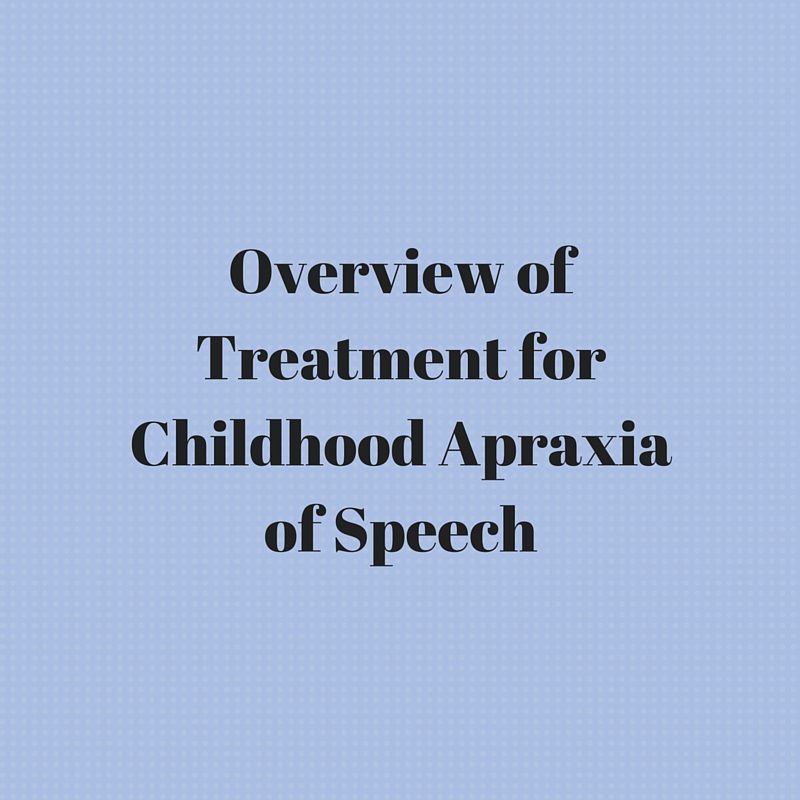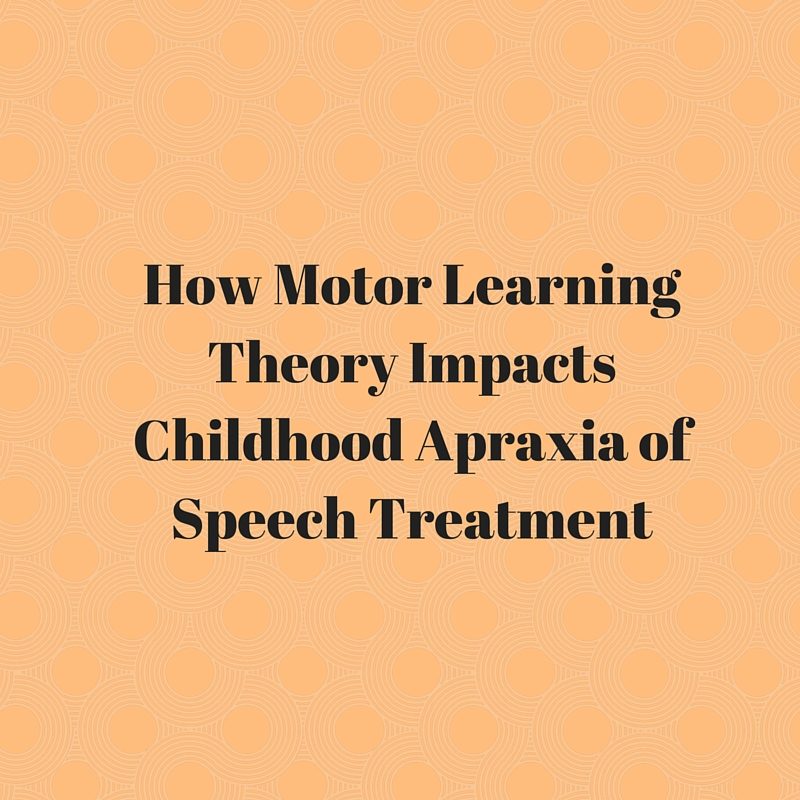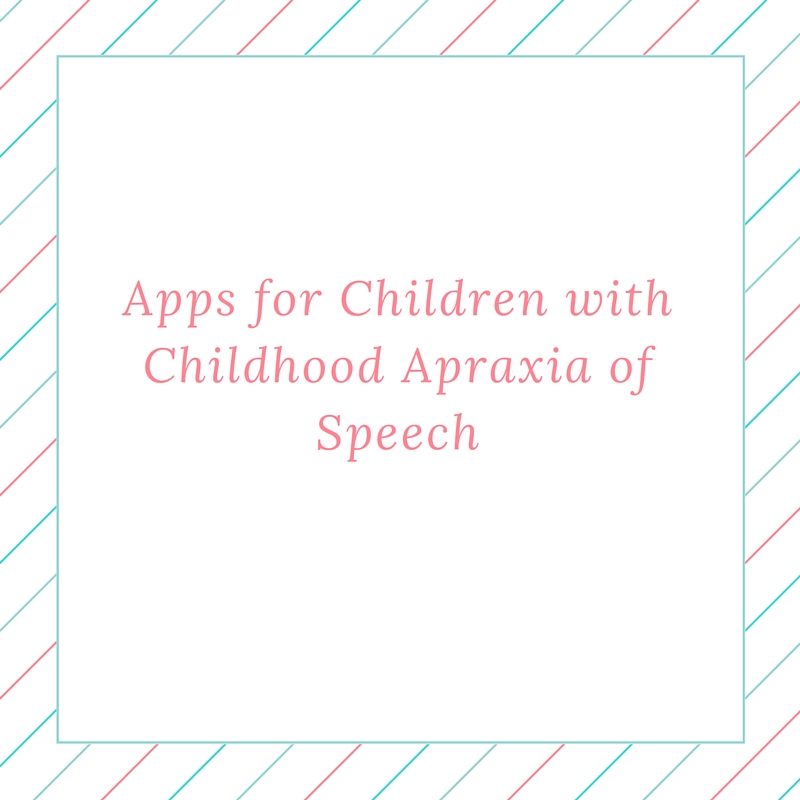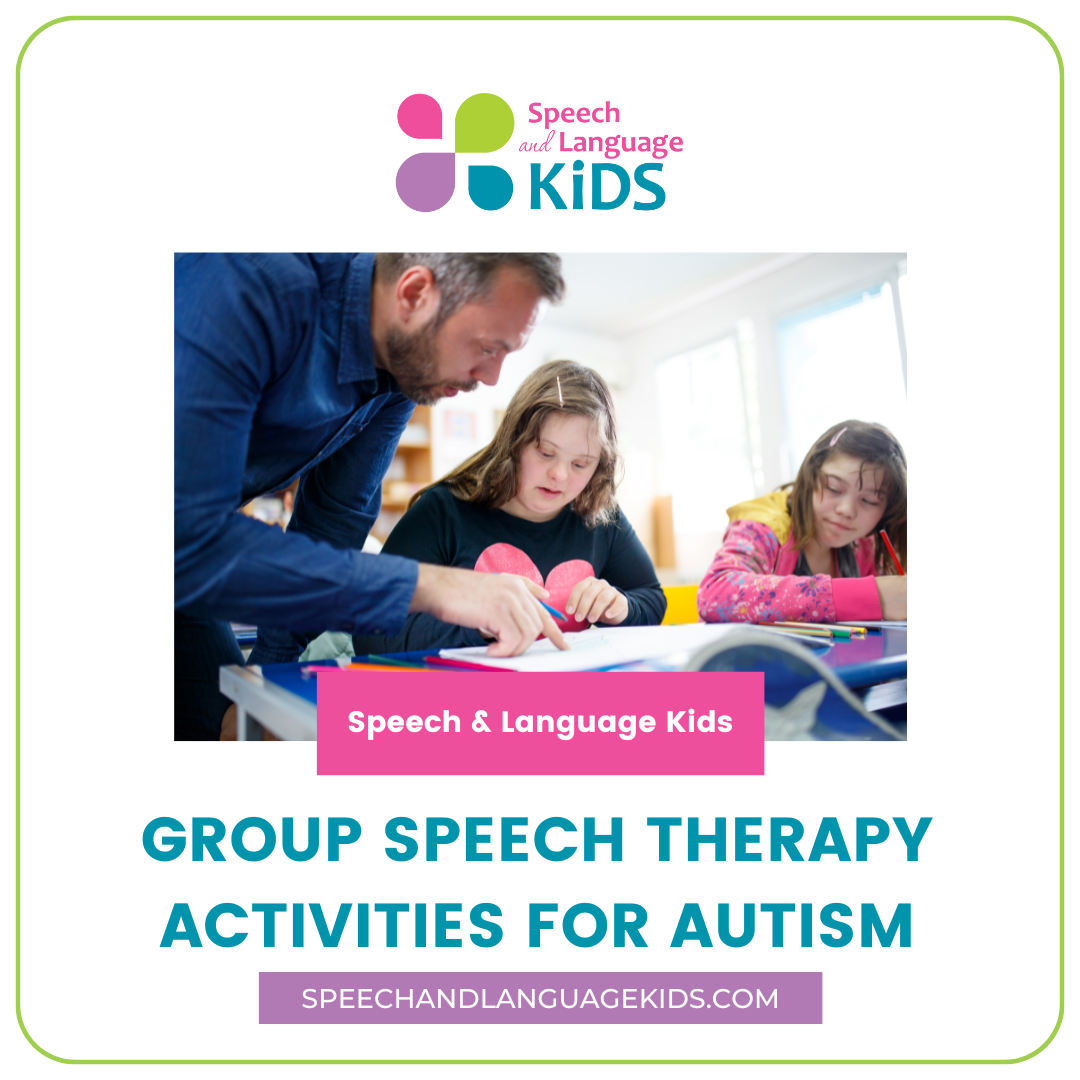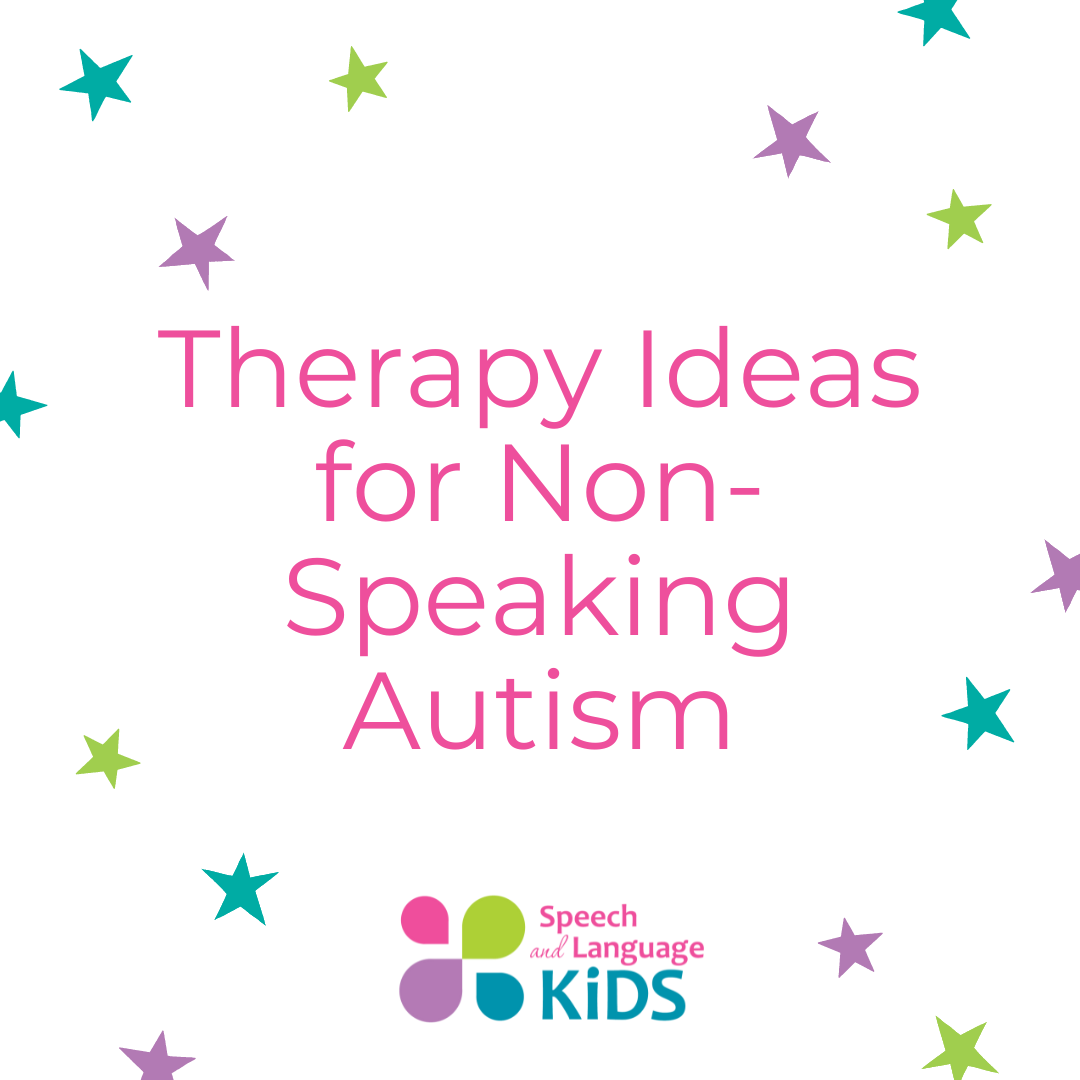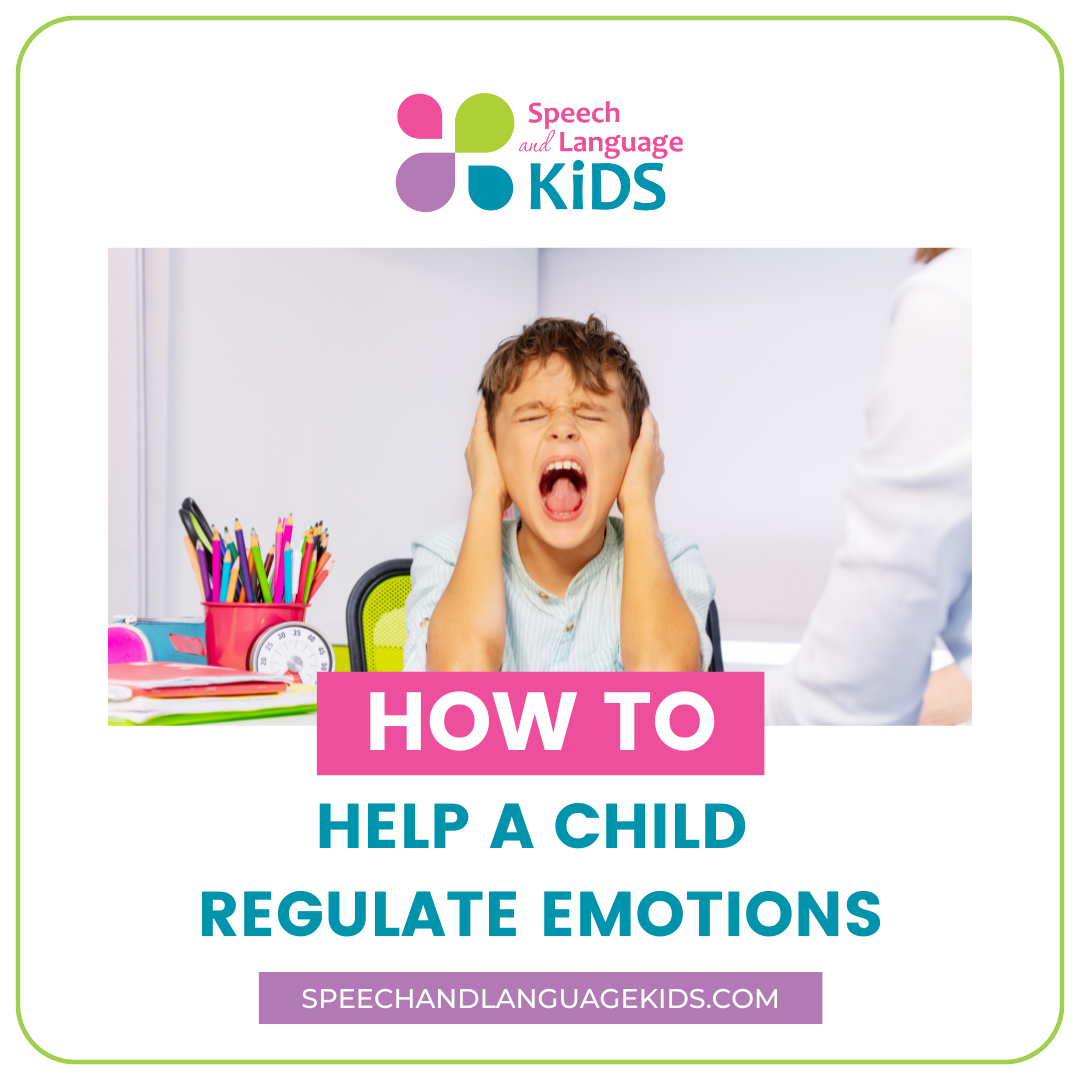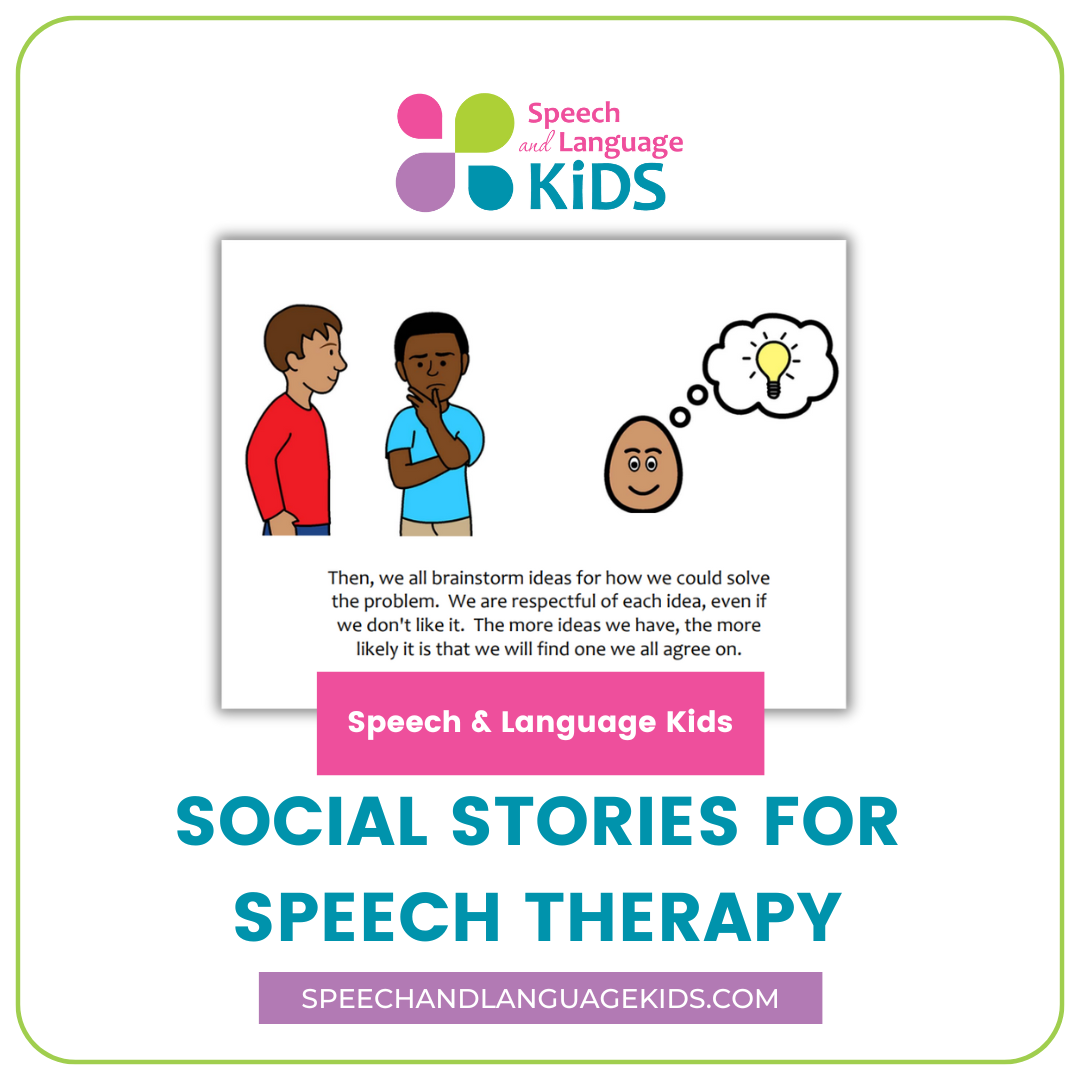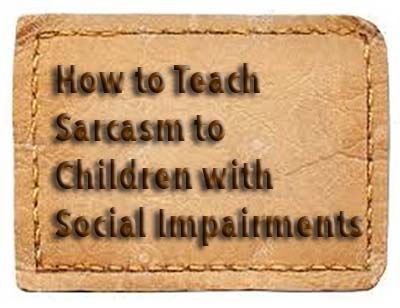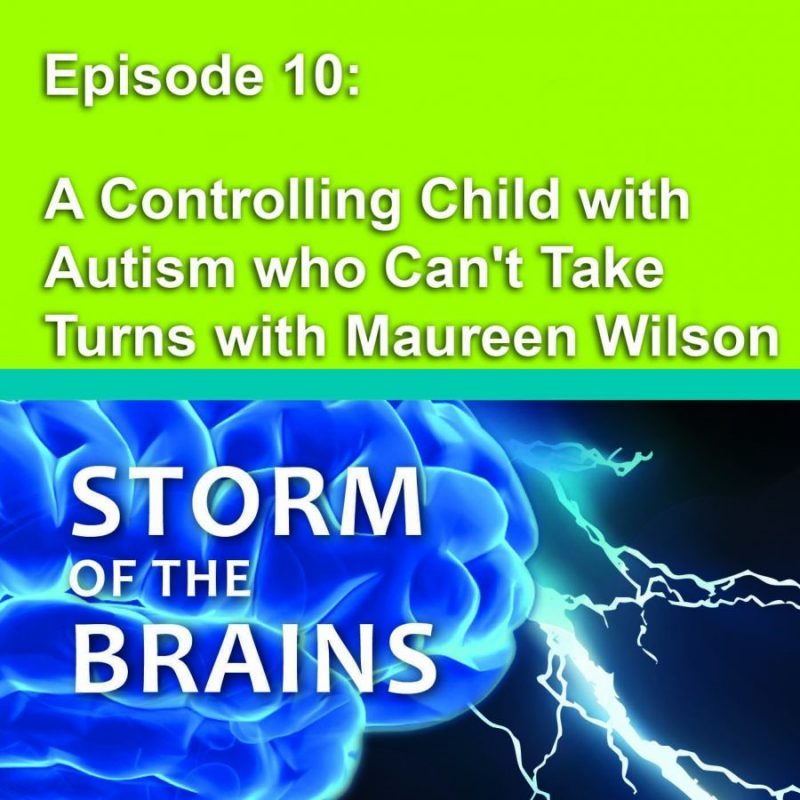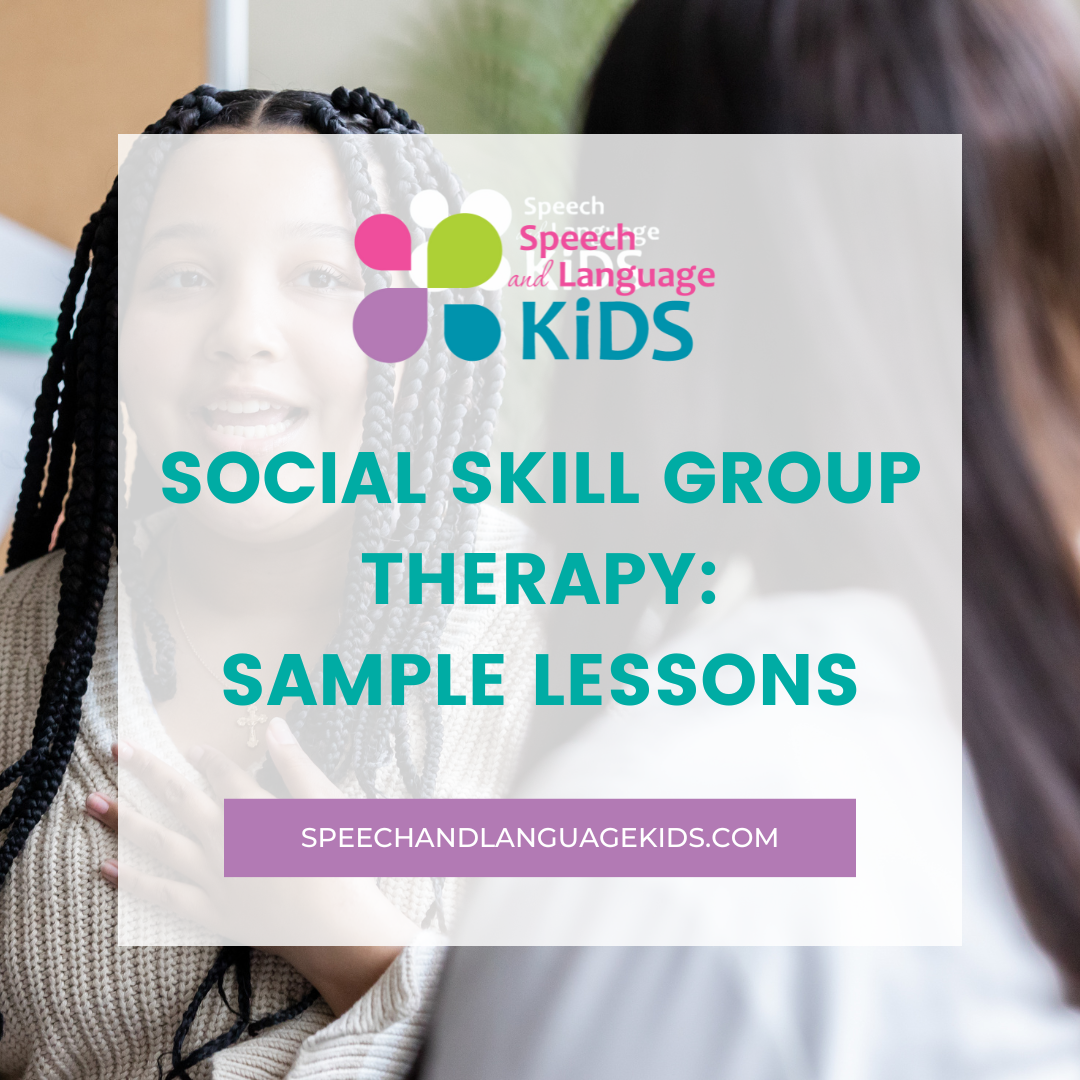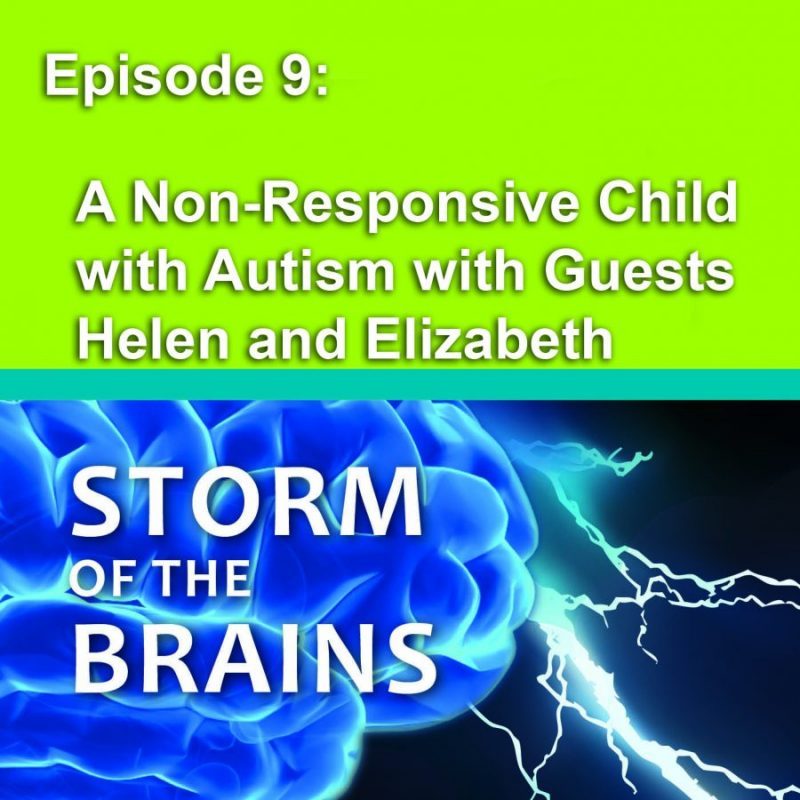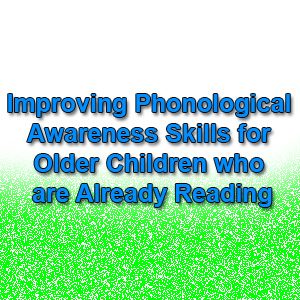Topic:
Resource Type:
Results:
Overview of Treatment for Childhood Apraxia of Speech
In this video, speech-language pathologist Carrie Clark will give you a brief overview of how to do speech therapy for younger children with Childhood Apraxia of Speech (CAS). Notes: 1. Teach an alternative means of communication to relieve frustration and take the pressure off of his speech
Using Motor Learning Theory to Treat Apraxia
Ok, you've heard about "motor learning theory" and that it can be incredibly helpful for children with childhood apraxia of speech. But what does that even mean? In this video, speech-language pathologist Carrie Clark will break down how motor learning theory plays into what we do in speech therapy for
Apraxia Apps: for Childhood Apraxia of Speech
Apps and technology can be a great tool for children with Childhood Apraxia of Speech. In this video, Carrie Clark shows some excellent apraxia apps for use with children who have Childhood Apraxia of Speech (CAS). Watch the video above to find out about some great
Apraxia of Speech: Speech Therapy Activities for CAS
Childhood Apraxia of Speech: How to Do Speech Therapy for CAS Childhood Apraxia of Speech (CAS) is a rare, neurologically-based speech disorder where the child knows what he wants to say but the message gets mixed up in the motor-planning and execution phase so the sounds come out
Childhood Apraxia of Speech Goals | CAS Speech Therapy
What is Childhood Apraxia of Speech (CAS)? CAS is a rare, neurologically-based speech disorder where the child knows what he wants to say but the message gets mixed up in the motor planning and execution phase so the sounds come out all wrong. Imagine it's like you're
Group Speech Therapy Activities for Autism: Classroom Ideas
Group Speech Therapy Ideas for Children with Autism: Often, autistic children with significant communication needs are grouped together so they can benefit from a modified classroom and extra supports. We can support these learners in our speech therapy sessions as well as in the classroom by running activities
Teaching a Child with Autism to Respond to Questions
Helping Autistic Children Respond to Questions: There are many times throughout the day that we ask other people questions and need to respond to other people's questions. However, autistic children who are just learning to communicate with those around them may struggle with this skill. They may be
Speech Therapy Ideas for Nonverbal/Nonspeakin Autism
Speech Therapy Ideas for Non-Speaking Autistic Children: It's not always easy to know why a child is not yet speaking. Some children may be late talkers and may catch up on their own without help. Others may struggle to speak for a long time. Fortunately, we don't have to know
Speech Therapy for Non-Verbal Children: Building Functional Communication
Therapy for Non-Speaking Children: How to Boost Functional Communication Skills Do you know a child with autism who isn't able to communicate basic wants and needs? Does the child lack the social skills to participate in social interactions? Do you need a guide for how to improve functional communication
How to Help a Child Regulate their Emotions: Speech Therapy Ideas
How to Help a Child Regulate their Emotions: Speech Therapy Ideas It's no secret that children feel a lot of big feelings. Our children with emotional regulation issues (such as those with autism, ADHD, anxiety, anger issues, etc.) may feel those feelings even more intensely than other children.
Social Stories for Speech Therapy: Examples and How to Use
Social Stories for Speech Therapy: Examples and How to Use Social stories are simple stories that explain to a child how something should be. These are a handy and versatile tool that we can use in speech/language therapy and also at home as parents. They can walk a
How to Teach Sarcasm to Children with Social Impairments
Speech-Language Pathologist Carrie Clark shows you the best resource for teaching children with social impairments how to understand and use sarcasm: Source: http://www.basicsabatherapy.com/BASICS-Blog.html?entry=teaching-sarcasm More Resources for Speech-Language Pathologists: Looking for more therapy ideas and resources to help you provide the BEST services to your clients?
Teaching Children to Repair Communication Breakdowns
How to Help a Child Repair Communication Breakdown "Communication Breakdown" is what we call it when something goes wrong in a conversation and there is a misunderstanding. Our communication can break down for a number of reasons but most of the time, we are able to clarify the
SOTB 10: A Controlling Child with Autism who Can’t Take Turns, Interview with Maureen Wilson
Today I am joined by speech-language pathologist Maureen Wilson from www.thespeechbubbleslp.com who helps me brainstorm ideas for a 5-year-old with autism who won't participate in anything unless he controls the whole thing. Links and Notes: The Speech Bubble SLP: www.thespeechbubbleslp.com Control The child needs that control Try social stories
Social Skills Group Therapy: Activities for Children/Teens
Social Skills Group Therapy: Activities for Children/Teens Many of our children with language delays also have trouble with social skills. This may be due to certain conditions that impair social skills, like autism, or it may just be because these children have trouble learning language and social interactions
SOTB 9: A Non-Responsive Child with Autism with Guests Helen and Elizabeth
Join me and my guests Helen and Elizabeth from www.SpeechblogUK.com as we brainstorm some ideas for a child with autism who doesn't respond to anything. Links and Notes: www.SpeechBlogUK.com Observe the child to look for interests Intensive Interaction: Do what they're doing Gradually introduce your own toys and promote
Improving Phonological Awareness Skills for Older Children who are Already Reading
Find out how you can work on phonological awareness skills with older children to improve their literacy skills even if they're already starting to read some words or even books! Notes: Work on the same phonological awareness skills you would for your younger students –http://www.speechandlanguagekids.com/ultimate-guide-phonological-awareness-pre-reading-skills/ Start
Online Reading Materials for Story Recall and Other Literacy Activities
Let me show you the best resources for finding online reading materials that you can use for story recall or other literacy activities during speech therapy! Notes: www.BookSource.com Lists of books that support various common core curriculum areas Can buy the books through the website or
How to Teach Prefixes to Improve Decoding Unknown Words when Reading
Learn how to teach a child prefixes so they can use them to decode unknown words when reading: Notes: For Production (Spoken or Written) Collect a writing sample or spoken language sample and check off which common prefixes the child uses spontaneously and correctly (http://teacher.scholastic.com/reading/bestpractices/vocabulary/pdf/prefixes_suffixes.pdf) Choose
Speech and Language Therapy Guide PLUS All-In-One Articulation Program and Materials Kit
⬅ Back to Speech and Language Kids Store View Shopping Cart Add to Cart Speech and Language Therapy Guide PLUS All-In-One Articulation Program and Materials Kit eBook Our two most popular products together! Worksheets and

